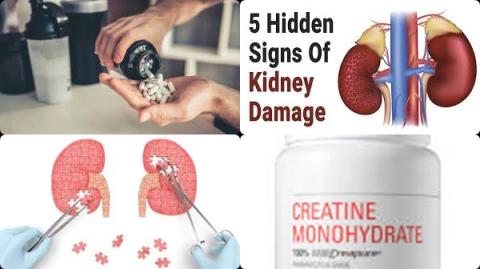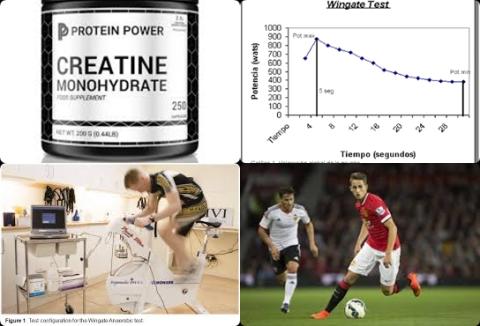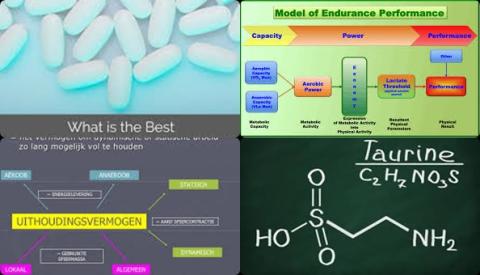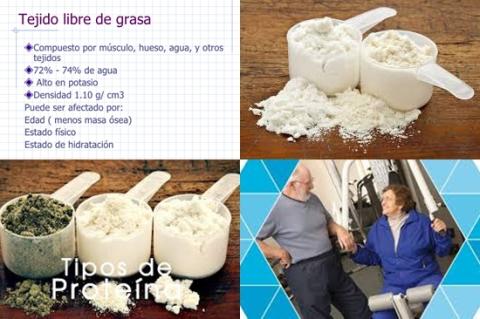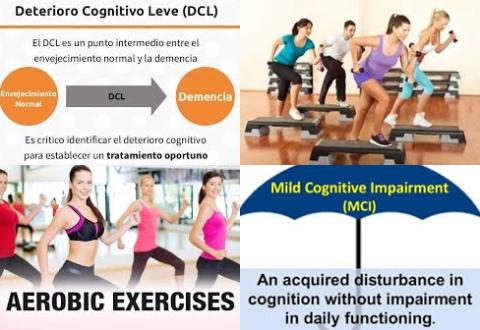Strength training decreases inflammation in adults
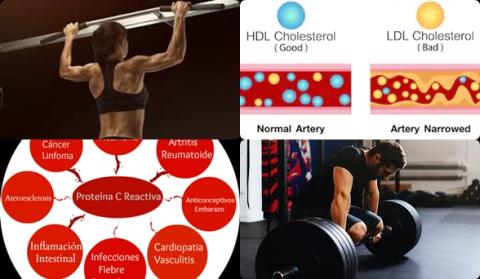
Objectives:
Does strength training improve total cholesterol (TC), triglycerides (TG), low-density lipoprotein (LDL), high-density lipoprotein (HDL), C-reactive protein (CRP) and adiponectin levels of adults?
Study design:
This review article included clinical trials up to May 2017.
Results and conclusions:
The investigators found strength training significantly reduced total cholesterol levels [ES = -0.399, p 0.001].
The investigators found strength training significantly reduced triglycerides levels [ES = -0.204, p = 0.002].
The investigators found strength training significantly reduced LDL cholesterol levels [ES = -0.451, p 0.001].
The investigators found strength training significantly reduced CRP levels [ES = -0.542, p = 0.01].
The investigators found strength training significantly increased HDL cholesterol levels [ES = 0.363, p 0.001].
The investigators found strength training significantly increased adiponectin levels [ES = 1.105, p = 0.01].
The investigators concluded strength training promotes decreases in total cholesterol (TC), triglycerides (TG), low-density lipoprotein (LDL) (also called bad cholesterol), C-reactive protein (CRP) levels and increases high-density lipoprotein (HDL) (also called good cholesterol) and adiponectin levels of adults. Thus, progressive strength training could be a potential therapeutic option for improving abnormalities in lipid and inflammatory outcomes in adults.
Original title:
Effect of Strength Training on Lipid and Inflammatory Outcomes: Systematic Review With Meta-Analysis and Meta-Regression by Costa RR, Buttelli ACK, […], Kruel LFM.
Link:
https://www.ncbi.nlm.nih.gov/pubmed/31023184
Additional information of El Mondo:
Find here more information/studies cholesterol and sport nutrition.
